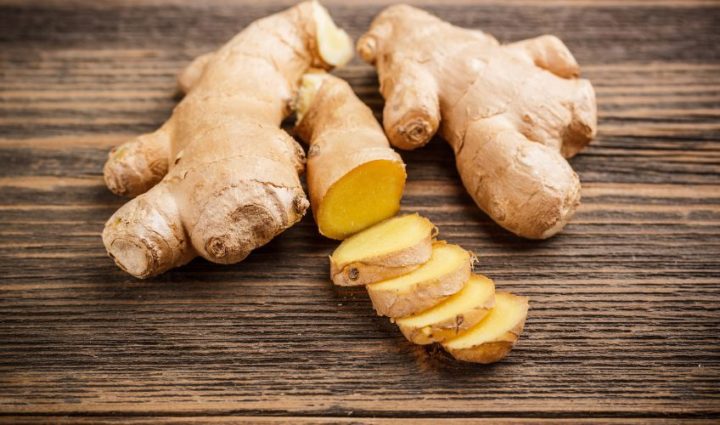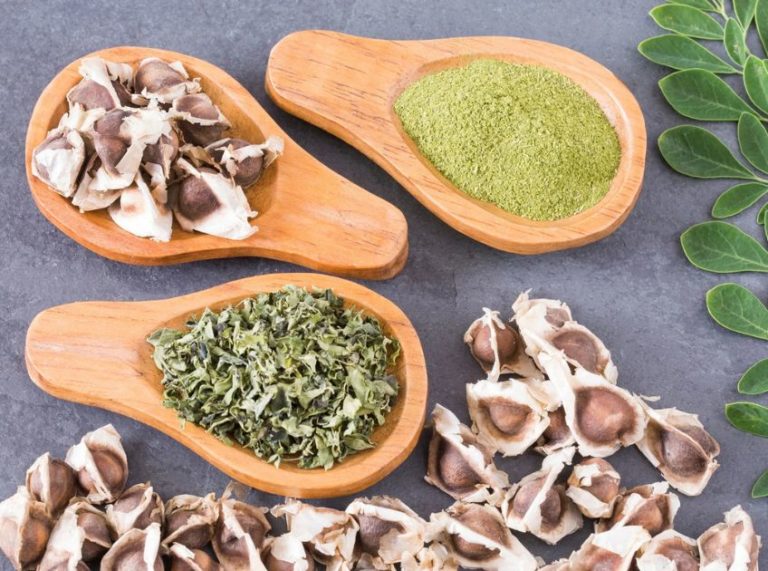
Important: This article is for informational purposes only. Please read our full disclaimer for more details.
Indigestion, also called upset stomach or dyspepsia, is a general term that describes discomfort in your upper abdomen. Indigestion is not a disease, but rather some symptoms you experience, including abdominal pain and a feeling of fullness soon after you start eating. Both heartburn and indigestion are common digestive disorders that most people experience on occasion.
10 Home Remedies for Indigestion
There are a few things you can do at home to help relieve your symptoms, they include these simple and easy remedies:
1. Peppermint Tea
Peppermint has long been used as a natural remedy for indigestion. It can help to relax the muscles of the digestive tract, making it easier for food and gas to pass through. It also has an antispasmodic effect, which can help to relieve cramps and discomfort.
To make this tea,
- Take 1 teaspoon of dried peppermint leaves
- add it to a cup of boiling water.
- Let it steep for 10 minutes, then strain and drink.
- You can have up to 3 cups of this tea per day.
- While it is proved to help IBS and Nausea, It needs more evidence to prove it’s efficacy on digestion.
2. Ginger
Ginger is another well-known natural remedy for indigestion. It can help to reduce inflammation and ease nausea. Ginger can be consumed in a number of ways, including fresh, dried, powdered, or as an extract or tea.
To make ginger drink,
- Add 1/2 teaspoon ginger powder to a cup of hot water.
- Let it steep for 10 minutes, then strain and drink.
- You can have up to 3 cups of this tea per day. [1]
3. Chamomile Tea
Chamomile tea is a traditional herbal remedy that has been used for centuries to treat a variety of ailments, including indigestion. Chamomile tea can help to relax the muscles of the digestive tract and reduce inflammation.
To make this tea,
- Take 1 teaspoon of dried chamomile flowers
- add it to a cup of boiling water.
- Let it steep for 10 minutes, then strain and drink.
- You can have up to 3 cups of this tea per day.
While it was seen to reduce diarrhea in mice, further studies need to be conducted on indigestion.
[ Read: 10 Best Food For Diarrhea ]
4. Lemon Juice
Lemon juice has a high acidic content, which can help to break down food and ease indigestion. To make Lemon juice,
- Take 1 lemon and squeeze the juice into a cup.
- Add a little honey to taste (optional)
- Drink this mixture slowly.
- You can have up to 3 cups of this tea per day. [2]
5. Baking Soda
Baking soda (sodium bicarbonate) is a natural antacid that can help to neutralize stomach acid and ease indigestion.
To make this,
- Take 1/2 teaspoon baking soda
- add it to a cup of water.
- Drink this mixture slowly.
- Repeat this process once every 2 days
Note: A study suggests that baking soda must not be taken more than 1/2 teaspoon in 24 hours.
6. Apple Cider Vinegar
Apple cider vinegar has a number of benefits for digestion, including helping to break down food, reducing inflammation, and easing heartburn.
- To make this drink,
- Take 1 tablespoon of apple cider vinegar
- add it to a cup of water.
- you can also add some lemon juice or honey
- Drink this mixture slowly.
- You can have up to 3 cups of this tea per day.
- This lack scientific evidence to prove that it helps indigestion.
7. Yogurt
Yogurt is a good source of probiotics, which are live bacteria that can help to improve gut health. Probiotics can help to reduce the symptoms of indigestion, such as bloating, gas, and nausea.
This needs further studies to know it’s efficacy in helping indigestion.
8. Fennel Seeds
Fennel seeds have a long history of use as a digestive aid. They can help to promote the movement of food through the digestive tract, relieve gas and bloating, and ease indigestion pain.
To use this remedy,
- Take 1 teaspoon of fennel seeds
- chew them well and swallow on empty stomach
- Repeat this process 3 times a day.
- Or you can make a tea using fennel seeds. [3]
9. Anise Seeds
Anise seeds have a similar effect to fennel seeds, promoting the movement of food through the digestive tract and helping to relieve gas and bloating.
To use these,
- Take 1 teaspoon of anise seeds
- add it to a cup of boiling water.
- Let it steep for 10 minutes, then strain and drink.
- You can have up to 3 cups of this tea per day.
- Further studies needs to be done to prove this remedy.
10. Licorice Root
Licorice root is a traditional remedy for indigestion. It can help to reduce inflammation and ease stomach pain. Licorice root can be consumed in a number of ways, including as a tea, powder, or extract.
To use it,
- Take 1 teaspoon of licorice root powder
- add it to a cup of boiling water.
- Let it steep for 10 minutes, then strain and drink.
- You can have up to 3 cups of this tea per day.
What are the Symptoms of Indigestion?
Indigestion symptoms can include:
- feeling full and bloated,
- feeling sick (nausea),
- belching and passing wind,
- bringing up food or bitter tasting fluids,
- stomach pain.
You might also have heartburn – a burning sensation in the chest. Please note that if you experience chest pain that is severe, or if it spreads to your jaw, neck or arm, you should seek medical attention immediately as this may be a sign of a heart attack.
What Causes Indigestion?
There are many different things that can cause indigestion, including:
- Overeating
- Eating too quickly
- Fatty or spicy foods
- Smoking
- Drinking excessive amounts of alcohol, caffeine or carbonated beverages
- Stress or anxiety
- Certain medications, such as painkillers, anti-inflammatories and some antibiotics
- Pregnancy
- Peptic ulcers
- Gastro-oesophageal reflux disease (GERD)
- Gallstones
- Celiac disease.
When Should I See a Doctor?
If you experience any of the following symptoms, you should see a doctor:
- Chest pain
- Shortness of breath
- Jaw, neck or arm pain
- Nausea or vomiting
- Extreme fatigue
- Heartburn that is not relieved by home remedies.
Caution: Excess usage of Apple cider vinegar and baking soda may lead to other side effects like tooth enamel erosion, low potassium levels, etc. So, it is always better to take these home remedies in moderation. If you experience any other side effects, please discontinue their use and consult your doctor. So, it is always advisable to take them in limited quantities and under the guidance of a healthcare professional.
These are some natural remedies that can help to ease the symptoms of indigestion. If you are experiencing severe indigestion, consult with a healthcare provider. Home remedies can be used in conjunction with medical treatment to help provide relief from indigestion.
You Might Also Like:
- How Long Does Clindamycin Cream Stay In Your System?
- 10 Foods That Help Relieve Vomiting
- 10 Natural Remedies to Treat Burns At Home
- 10 Home Remedies To Get Rid of Sunburn
- 7 Natural Home Remedies for Tonsillitis

















